
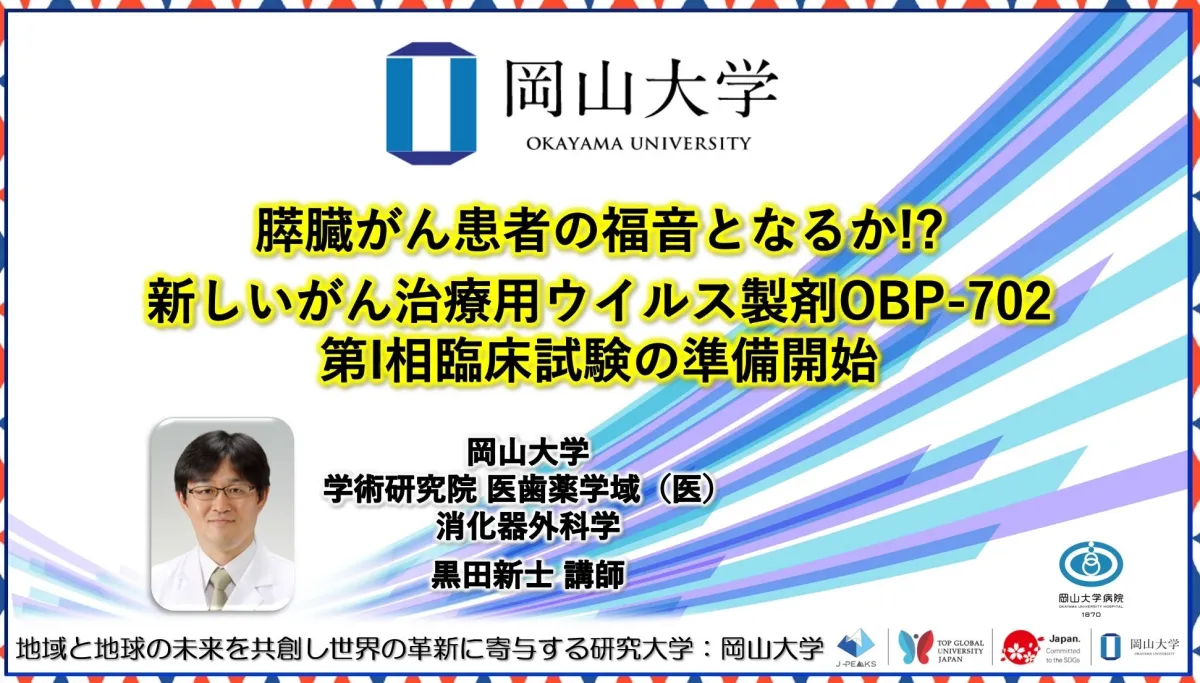
Okayama University Initiates Phase I Clinical Trial for New Cancer Therapy Aimed at Pancreatic Cancer
New Hope for Pancreatic Cancer Treatment: OBP-702
Okayama University, a prominent national university in Japan, has announced a significant step forward in the battle against pancreatic cancer. Preparations are underway for a Phase I clinical trial of OBP-702, a new viral therapeutic agent designed specifically for treating this notoriously difficult cancer. This move marks an important milestone towards establishing a new treatment option for patients in dire need.
Background on OBP-702
The journey of OBP-702 begins with its predecessor, the first-generation adenoviral therapeutic agent known as Telomelysin (OBP-301). Researchers at Okayama University modified this initial formulation to create OBP-702, which has shown promising results in animal experiments against pancreatic cancer—an ailment often resistant to conventional therapies.
Pancreatic cancer is known for its aggressive nature and poor prognosis, with limited effective treatment options available to patients. The development of OBP-702 reflects a growing understanding that viruses can be harnessed to fight cancer, a concept that gained traction in the 20th century when reports surfaced of viral infections leading to tumor regression. By utilizing the innate ability of certain viruses to target and destroy cancer cells, researchers aim to provide new hope to those afflicted by this devastating condition.
Clinical Trial Details
The Phase I trial will be conducted at three institutions: Okayama University Hospital, Ehime University Medical School, and the National Cancer Center Research Institute. However, the actual treatment for the participating pancreatic cancer patients will occur primarily at Okayama University Hospital and Ehime University Medical School. This trial will focus on patients whose standard treatment options, specifically Gemcitabine combined with Nab-Paclitaxel, have proven ineffective.
By directly administering OBP-702 to pancreatic cancer sites, investigators will gather critical data on its safety and efficacy, paving the way for potential approval as a new drug aimed at high-unmet medical needs.
A Message from the Research Team
Dr. Shinji Kuroda, a lecturer in the Department of Gastrointestinal Surgery at Okayama University, emphasizes the groundbreaking nature of this research. He draws parallels between the development of antibiotics, such as Penicillin, and the potential for viral therapies in oncology. His insights reveal the serendipitous nature of scientific discovery; solutions to complex health issues often arise from unexpected sources. “Can a virus truly cure cancer?” Dr. Kuroda ponders, reflecting the curiosity that drives his research team forward.
Future Implications
If successful, this trial will set the groundwork for innovative treatments that could change the landscape of pancreatic cancer management. With ongoing collaboration between academic institutions and healthcare providers, the initiative represents a quintessential example of how academic research can intersect with real-world medical challenges to forge new therapeutic avenues.
As the trial progresses, updates regarding patient recruitment and preliminary results will be released, serving not only the scientific community but also the patients who stand to benefit from these advancements.
For further details, potential participants and interested parties can reach out to Okayama University’s academic and research units for inquiries related to ongoing studies, collaborations, and advancements in cancer treatment research. The hope is that OBP-702 will indeed herald a new era of targeted therapy for pancreatic cancer, offering renewed hope for patients and families affected by this disease.
Conclusion
The potential approval of OBP-702 as a viable treatment option underscores the importance of continued research and development in oncology. As the medical community looks forward to the results of the Phase I clinical trial, the collaboration between universities like Okayama University and healthcare facilities could ultimately lead to groundbreaking discoveries in the fight against cancer.
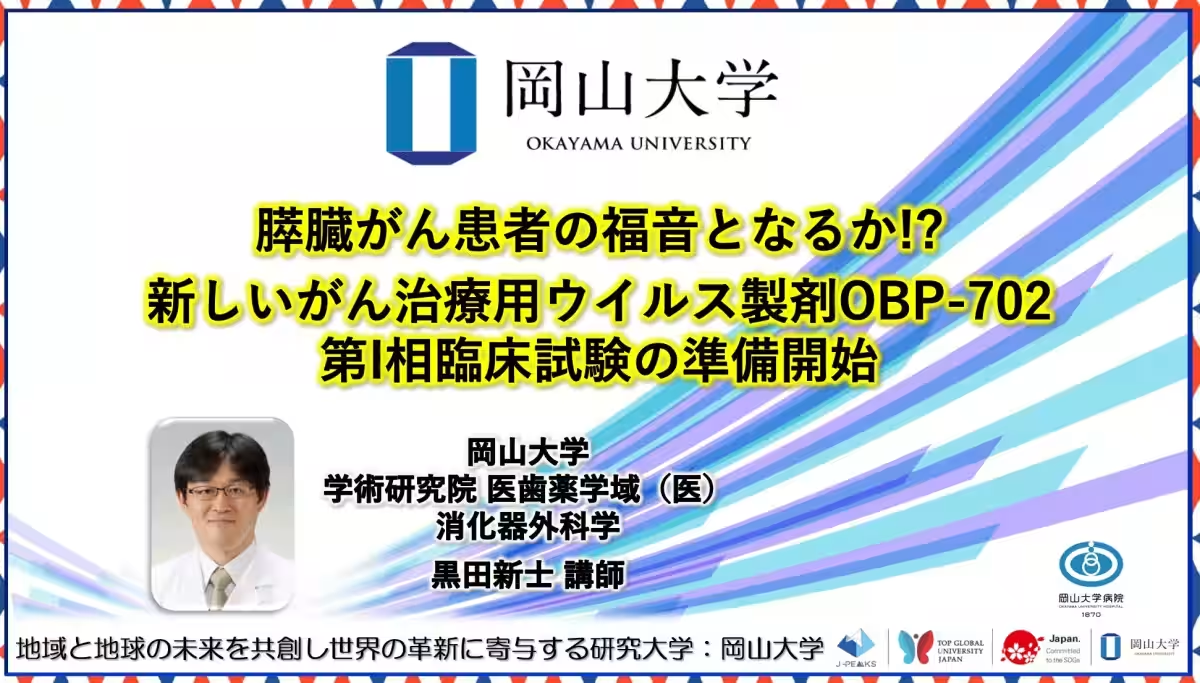

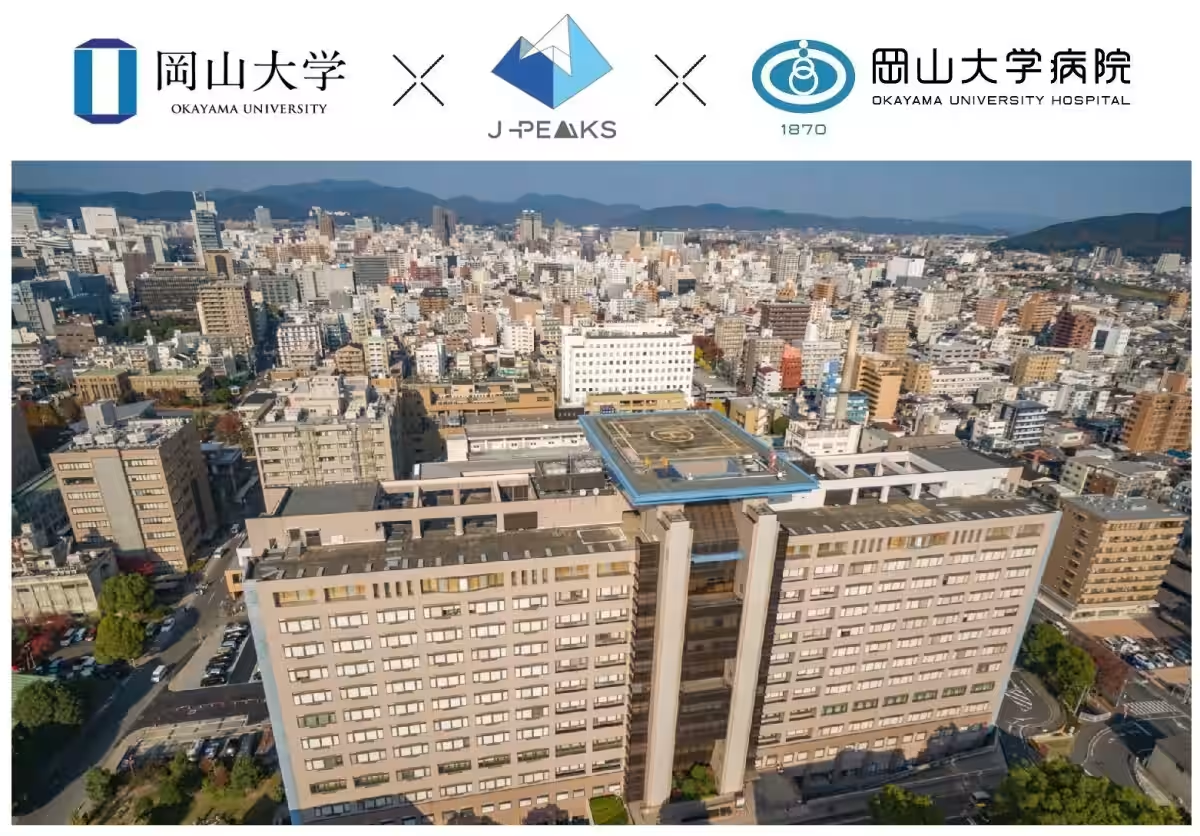

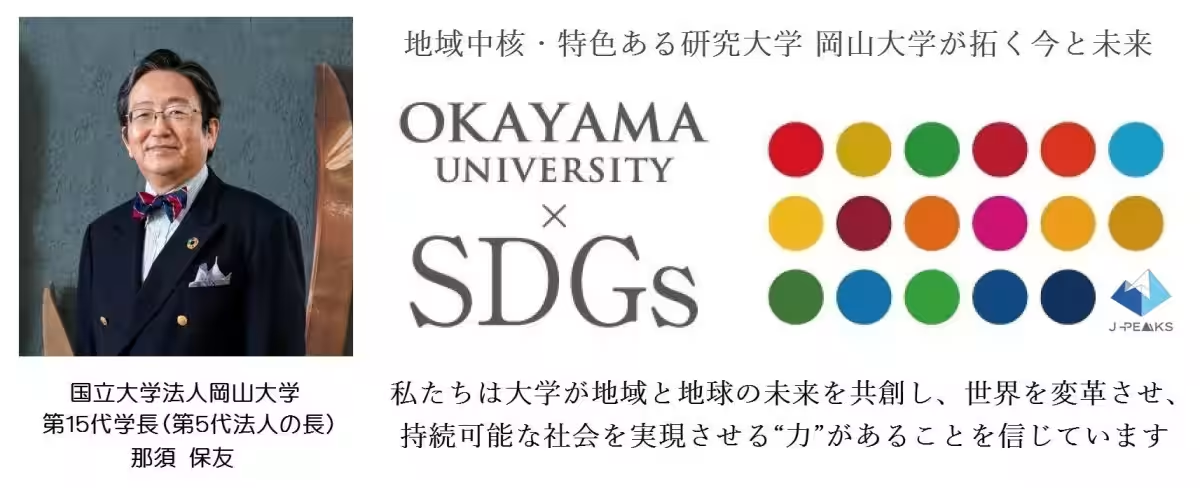
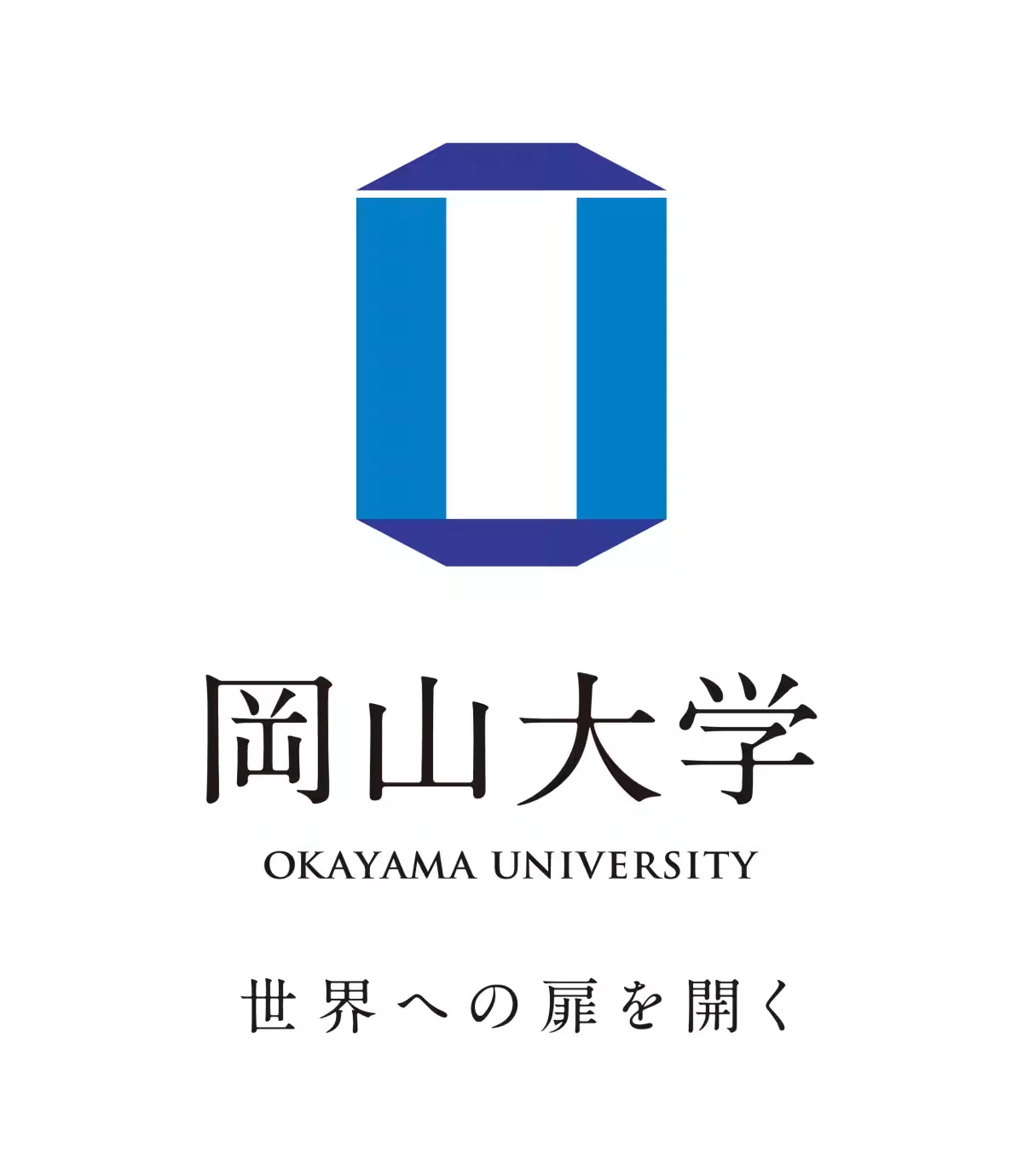
Topics Health)










【About Using Articles】
You can freely use the title and article content by linking to the page where the article is posted.
※ Images cannot be used.
【About Links】
Links are free to use.